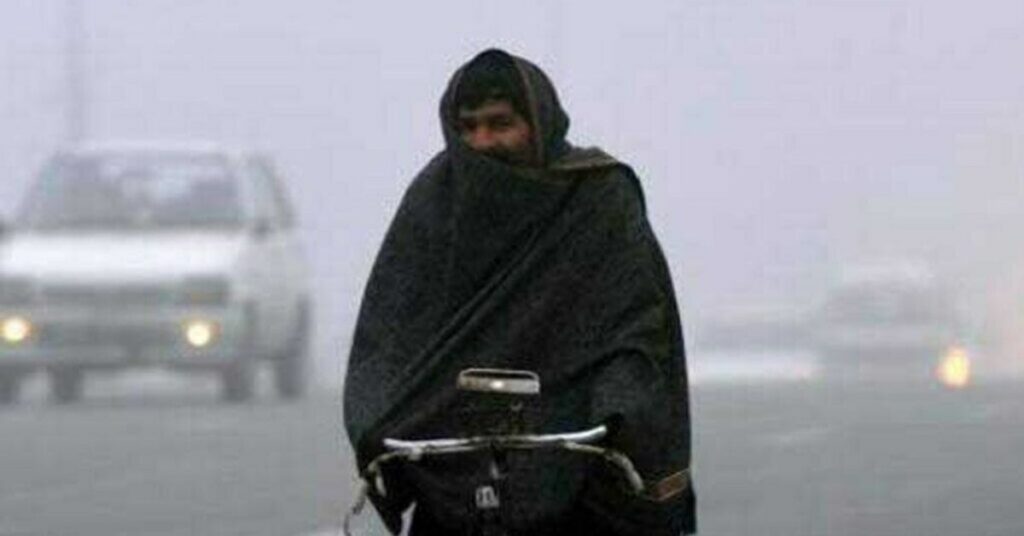ISLAMABAD (Kashmir English): The National Emergencies Operation Center (NEOC) of National Disaster Management Authority (NDMA) has warned of widespread rain and thunderstorms likely to affect major parts of the country over the next 12 to 24 hours.
In an impact-based weather alert, the NEOC said that Sindh is likely to experience significant rainfall across most districts, including Jacobabad, Sukkur, Larkana, Nawabshah, Khairpur, Kashmor, Hyderabad, Tharparkar, Mirpur Khas, Umerkot, Sanghar, Jamshoro, Tando Allahyar, Tando Muhammad Khan, Thatta, Badin, Karachi, and surrounding areas.
Intermittent thunderstorms with occasional heavy rainfall may pose a risk of urban flooding and waterlogging, the forecast warned.
The weather forecast has suggested brief showers tonight in Azad Jammu and Kashmir (AJK) and humidity with sunny breaks in the day.
In Punjab, heavy rainfall is expected in upper and central regions, affecting Murree, Galiyat, Rawalpindi, Attock, Chakwal, Jhelum, Mianwali, Mandi Bahauddin, Gujranwala, Gujrat, Hafizabad, Khushab, Sargodha, Narowal, Chiniot, Toba Tek Singh, Faisalabad, Lahore, Okara, and Kasur.
Islamabad will also witness same weather conditions during next 12 to 24 hours. The system may lead to localized flooding and potential disruption to routine life.
Meanwhile, Khyber-Pakhtunkhwa is also under threat from intensified monsoon activity.
Widespread thunderstorms and heavy rain are anticipated in Chitral, Dir, Swat, Abbottabad, Mansehra, Haripur, Karak, Kohat, Kohistan, Khyber, Kurram, Mohmand, Nowshera, Malakand, Charsadda, Bannu, Buner, Hazara, Peshawar, Mardan, Swabi, Waziristan, and adjoining districts.
Rain may cause flash floods
The risk of flash floods and landslides in hilly terrains remains elevated.
NDMA urges PDMAs, district administrations, and line departments to stay alert, ensure preemptive measures, and activate contingency plans to minimize potential damage.
The general public has been advised to avoid unnecessary travel during intense weather, stay away from electric poles and weak infrastructure, and follow instructions from local authorities.




